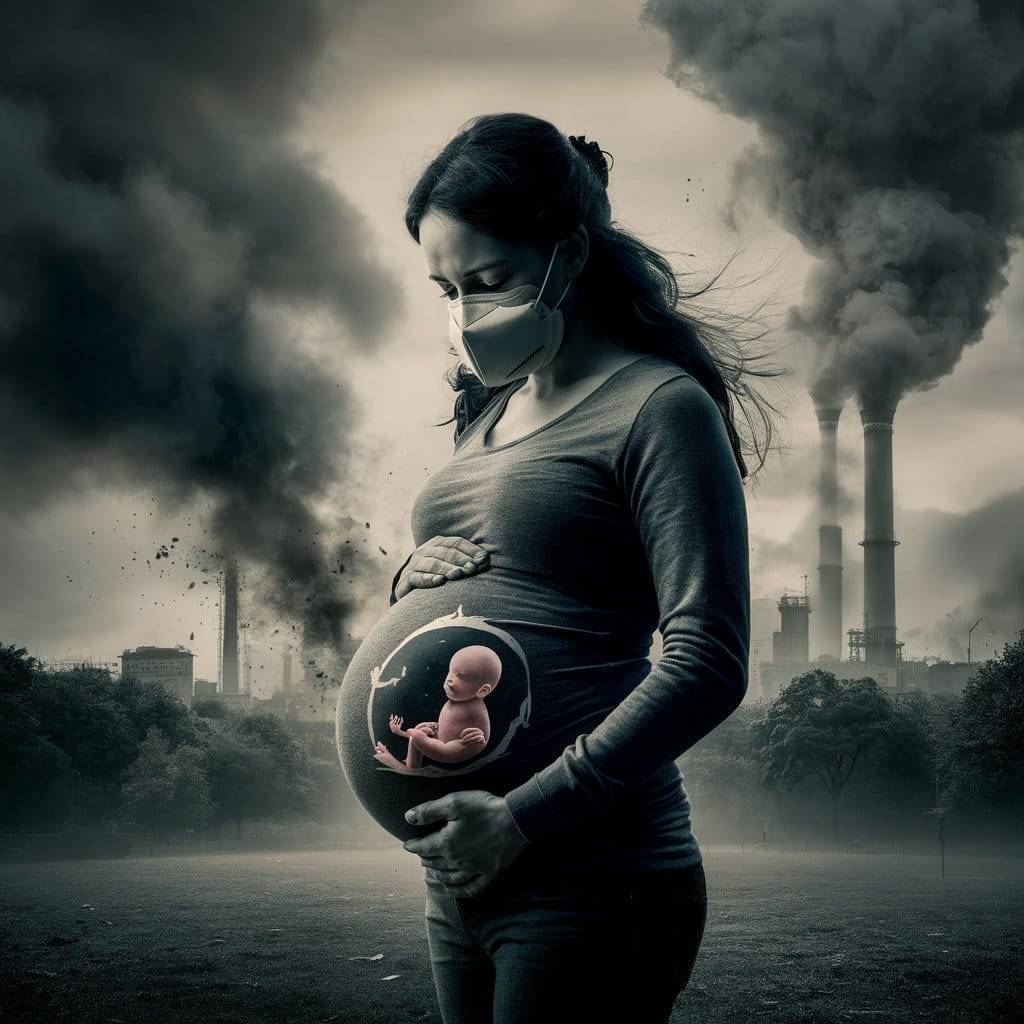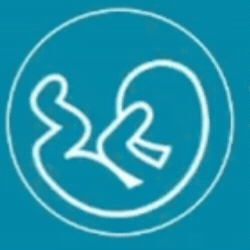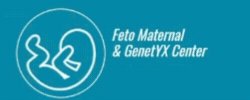Understanding Air Pollution and Its Effects
Air pollution poses a significant threat to our environment and health, but its impact on unborn babies is particularly concerning. Harmful substances like black carbon nanoparticles can cross the placental barrier, affecting fetal development. Understanding these risks and taking action to mitigate exposure is crucial for the health of both mother and baby. Explore more on stress management during pregnancy to ensure a healthier pregnancy journey.
Air pollution encompasses a variety of harmful substances, including particulate matter (PM), nitrogen oxides, sulfur dioxide, and black carbon nanoparticles. According to the World Health Organization, these pollutants can have serious health implications, especially for vulnerable populations like pregnant women.
Scientific Insights: The Penetration of Pollutants
Recent research, including studies conducted in Scotland and Belgium, highlights how black carbon nanoparticles can infiltrate the placenta as early as the first trimester. These particles, originating from the combustion of fossil fuels, can enter the bloodstream of pregnant women and reach the developing fetus. This research is supported by findings from Environmental Health Perspectives, which discuss the penetration of pollutants into fetal organs.
Direct Effects on Fetal Development
Exposure to air pollution in utero can lead to several developmental issues:
- Developmental Delays: Studies have shown that black carbon nanoparticles can impair cognitive development and lead to learning disabilities. Research from The Lancet supports these findings, indicating that pollutants can disrupt normal brain development.
- Respiratory Issues: Babies exposed to air pollution during pregnancy are at higher risk of respiratory conditions like asthma. The American Lung Association provides additional information on how air pollution affects respiratory health.
- Cardiovascular Problems: Long-term exposure to pollutants can increase the risk of cardiovascular diseases. According to Cardiovascular Research, prenatal exposure to air pollution can contribute to hypertension and heart disease.
- Behavioral Disorders: Prenatal exposure to pollutants may lead to behavioral issues such as increased aggression and anxiety. Insights from JAMA Pediatrics offer further details on this topic.
Implications for Maternal Health and Society
Air pollution not only affects fetal development but also has broader implications:
- Maternal Health Risks: Pregnant women exposed to high pollution levels may experience complications like hypertension and gestational diabetes. The National Institute for Health and Care Excellence provides guidelines on managing these risks.
- Societal Impact: The long-term health effects of air pollution can lead to increased healthcare costs and reduced quality of life. Addressing air pollution can help mitigate these economic and social impacts. Public Health England offers resources on the societal benefits of improving air quality.
Protecting Future Generations
Here are some actionable steps to reduce exposure to air pollution:
- Advocate for Cleaner Air: Support policies that aim to reduce emissions and promote clean energy. The Environmental Protection Agency provides information on effective environmental policies.
- Promote Green Technologies: Encourage the use of electric vehicles, renewable energy sources, and energy-efficient appliances. Learn more about green technologies at GreenTech Media.
- Public Health Initiatives: Engage in campaigns that raise awareness about air pollution and its effects. The Centers for Disease Control and Prevention offers guidelines on public health initiatives.
- Community Action: Participate in local efforts to improve air quality, such as tree planting and reducing industrial emissions. Community-based initiatives can be explored through Community Action Network.

Final Thoughts
The impact of air pollution on unborn babies is a serious and growing concern. Understanding how pollutants infiltrate the placenta and affect fetal development highlights the urgent need for action to protect maternal and fetal health. By advocating for cleaner air, supporting green technologies, and engaging in public health initiatives, we can work together to create a healthier environment for current and future generations.
Essential Points
Air pollution poses significant risks to unborn babies, with potential lifelong health effects.
Black carbon nanoparticles can cross the placental barrier and impact fetal development.
Exposure to air pollution in utero is linked to developmental delays, respiratory issues, cardiovascular problems, and behavioral disorders.
Addressing air pollution is crucial for protecting maternal health and reducing societal healthcare costs.
At FMGC, we understand the emotional and physical toll of pregnancies. Our team of best obstetrics gynecologists are committed to providing compassionate care and comprehensive support to help you through this blessed time. If you or a loved one is expecting, please reach out to us for expert care and guidance.
Contact Us: Feto Maternal & GenetYX Center Dubai, UAE
Follow Us on Social Media: Facebook: FMGC Facebook
Instagram: FMGC Instagram
LinkedIn: FMGC LinkedIn
Twitter: FMGC Twitter

